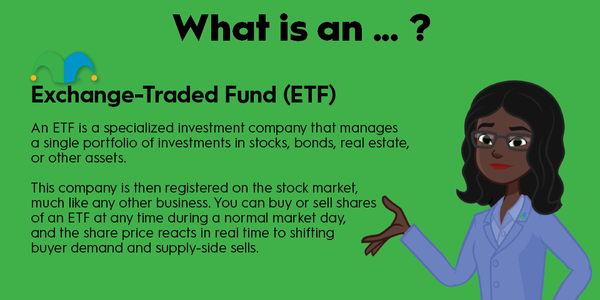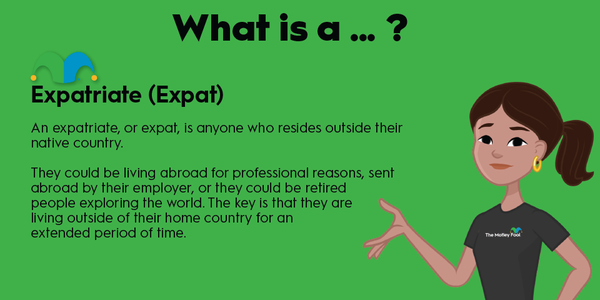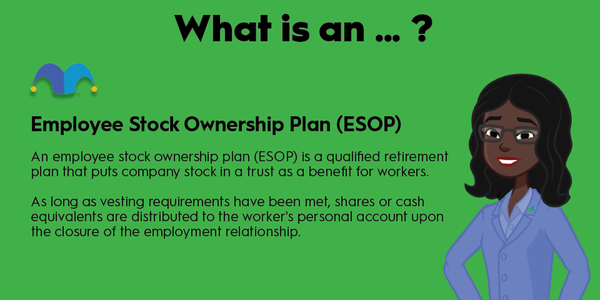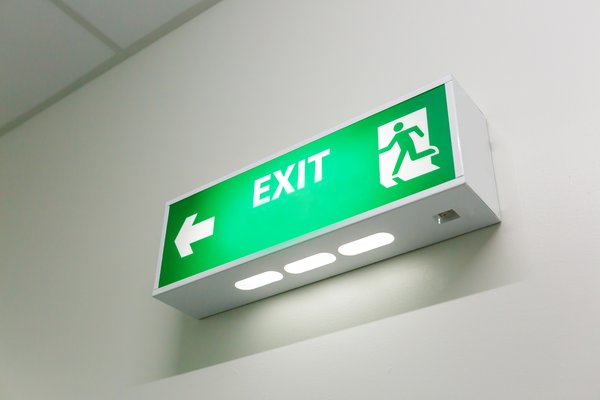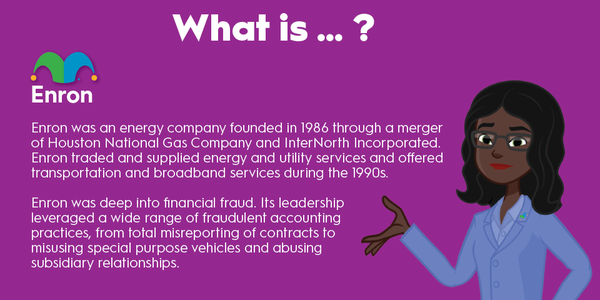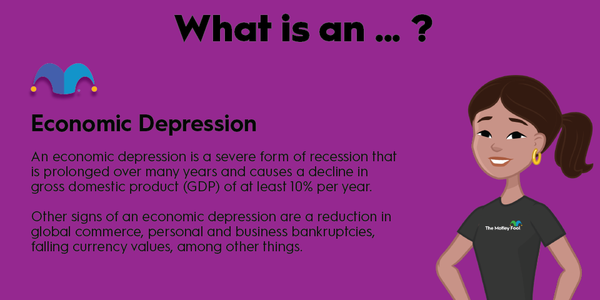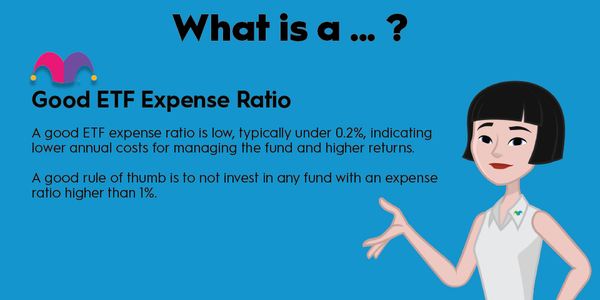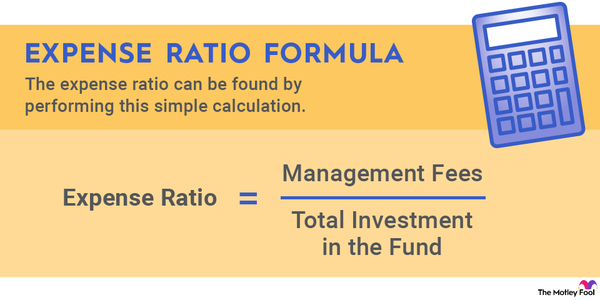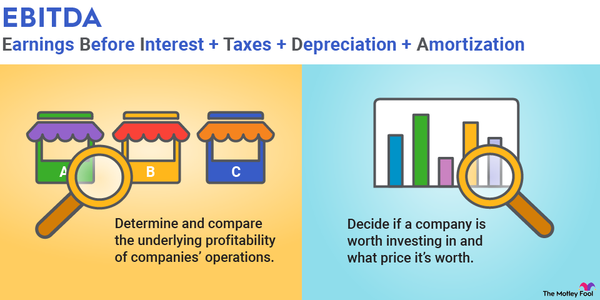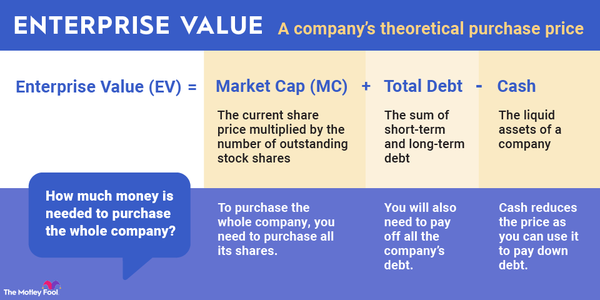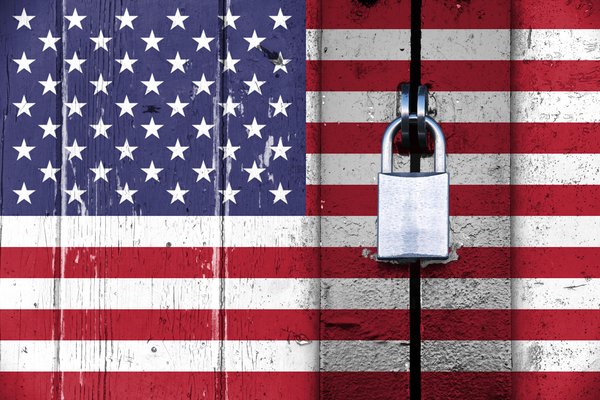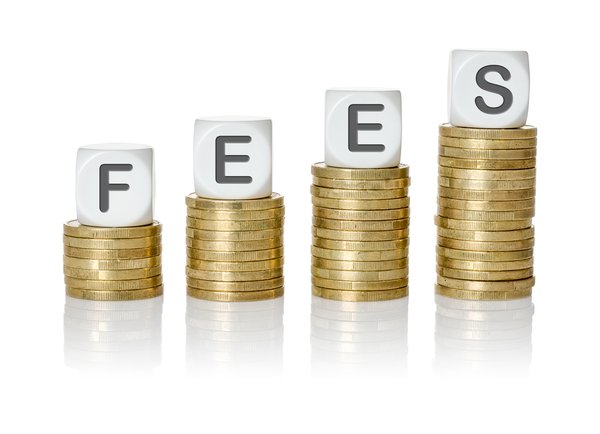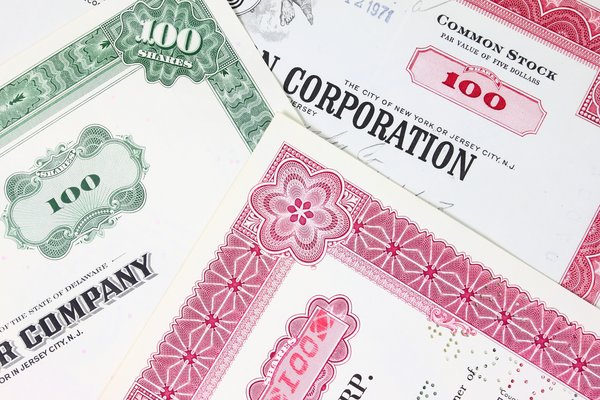
An estoppel certificate is a document signed by a tenant that states what the current status is on their lease. In the tenant estoppel certificate, the tenant will confirm certain details of the lease, such as the amount of their rent payment and security deposit, to assist a third party in their due diligence. In most cases, the third party is either a buyer or a lender.
If you aren't an attorney, you may have a bit of difficulty deciphering the Black's Law Dictionary definition of an estoppel certificate. This breakdown should help clear things up.
Why do landlords request estoppel certificates?
Why do landlords request estoppel certificates?
An estoppel certificate is typically requested when the owner of a multifamily property is either selling or refinancing the property. It's an important piece of a buyer or lender's due diligence.
A property owner may be required to request an estoppel certificate from their tenants when they're selling the property. As part of their due diligence, the buyer will want to have a clear understanding of the leases they will be inheriting. The lender is also likely to want to review the tenant estoppel certificates before funding the deal.
If the investor is refinancing the property, they may be required to collect estoppel certificates from the tenants. The lender uses these to verify a few things:
- That the tenants are paying what the landlord says they are.
- That the lease terms match what the landlord has stated.
- That there are no pending disputes with any tenants that would majorly affect the cash flow needed to cover the loan payments.
Are tenants required to complete an estoppel certificate?
Are tenants required to complete an estoppel certificate?
Whether or not a tenant is required to cooperate with their landlord's estoppel certificate requests depends on the terms of their lease agreement. If there is an estoppel agreement in the lease, the tenant is required to cooperate with their landlord's request. If they don't cooperate, they can find themselves in default of their lease.
If the rental agreement does not address any estoppel certificate requirements, a landlord can have a hard time getting tenants to cooperate. If it's not in the lease, the tenants aren't required to fill out the certificate.
Matt Wisniewski, CCIM, a commercial real estate broker with RE/MAX Commercial Group (RMAX -0.21%), has experienced the headache of tenants not wanting to turn in their estoppel certificates when he's trying to close on the sale of a property. Explaining these situations, he said, "It seems like you always have 80% of your tenants that are willing and happy to help. Then you have another 10% that are suspicious that you are trying to pull one over on them somehow, as many tenants have never seen an estoppel and as a whole, the real estate industry has done a poor job in educating them about the need for them. And then you have 10% that just ignore you completely, which really can be frustrating when you are on a deadline to close."
So how does a property owner handle tenants who won't cooperate? Wiskniewski says, "I have seen everything from threatening to sue them, even when they don't have any estoppel procedure language in the lease, to just paying the last few to drop the form off."
As big of a headache as it can be to enforce the tenant's obligation to complete the form, it's a necessary step. Tenants who think the landlord will just give up trying to collect it may be very mistaken and find themselves as a defendant in a lawsuit. If a tenant has any concerns with filling out the estoppel certificate, they should consult an attorney experienced in real estate law before simply refusing the sign.
What's in a tenant estoppel certificate?
What's in a tenant estoppel certificate?
Tenant estoppel certificates will vary depending on the type of property the tenants are occupying, and they're often more detailed when covering the terms of a commercial lease. The following are common sections found on the estoppel certificate form:
- Tenant's name.
- Tenant's contact information.
- Premises they're occupying.
- Lease start date.
- Lease end date.
- Monthly rent amount.
- Amount held as security deposit.
- Any amendments made to the lease.
- Any past-due rent owed.
- Any rent paid in advance more than 30 days.
- Any concessions the landlord has agreed to.
- Any work not completed by the landlord as required in the lease.
- Any defaults on the tenant's or landlord's part.
- Any defense the tenant claims to have for not fulfilling their obligations in the lease.
What types of properties require tenants to provide estoppel certificates?
What types of properties require tenants to provide estoppel certificates?
Commercial real estate
There is a lot at stake in a commercial lease. The rent payments are usually much higher than multifamily or residential properties, and commercial leases often include rent abatement and periodic adjustments to the base rent. There are also a lot of variables as to who is responsible for certain expenses and how CAM charges are calculated. Not knowing what a tenant's understanding is of their lease could result in some big surprises for a buyer.
Multifamily properties
Since multifamily properties can have several tenants, there are a lot of leases to understand. A new owner could have some expensive surprises if disputes arise as to how much was being held for security deposits or if the tenants were all expecting plumbing or electrical repairs.
Multifamily properties can come with a lot of liabilities, so a buyer needs to be prepared for what they're walking into, and lenders need to know if there's anything looming that will jeopardize the owner's ability to pay their mortgage.
Residential (one-to-four-family) properties
Tenant estoppel certificates are not very common with residential properties. There's not as much at stake when there's only one lease or a few, and a property inspection can usually uncover any potential issues a tenant would have with a property.
However, that doesn't mean requiring estoppel certificates couldn't still be beneficial for a buyer. In residential rental properties, there are sometimes handshake agreements or unwritten understandings between landlords and tenants. An owner might agree to let the tenant get a dog in the middle of their lease that originally didn't allow pets, or they may have told one tenant they could use two parking spaces because one of the other tenants didn't drive. These types of things could become a problem for a new owner if they weren't expecting them.
As a tenant, what should you do if you receive a tenant estoppel certificate request?
As a tenant, what should you do if you receive a tenant estoppel certificate request?
If you're a tenant in a property, and your landlord asks you to fill out an estoppel certificate, you should review your lease to see what your obligations are. If your lease has a clause requiring you to fill out an estoppel certificate, then you're typically required to do so.
Even if your lease doesn't require it, it may still be in your best interest to complete and sign the form. For instance, if your rent has been lowered since you signed your lease or the landlord promised to have something fixed for you, you'll want to make sure a new owner will be notified of this to avoid any later disputes.
Depending on the questions asked on the form, you may have a reasonable concern about completing and signing the document. If you have a current dispute with your landlord about anything, it may hurt your argument if you sign a document stating that nobody is in default of the lease. Some language in the form may also be confusing, and you don't want to say that you aren't owed something that you actually are. If anything in the form concerns you, it would be a good idea to have a real estate attorney review the certificate and advise you of your rights.
Although rare, disputes with estoppel certificates can become a real problem for both tenants and landlords. Clear language in the lease agreement about estoppel certificates and what information a tenant will be required to provide if requested can go a long way toward preventing these. Both parties should fully understand their rights and obligations concerning tenant estoppel certificates and should have clear communication in the event a request for one is required.
